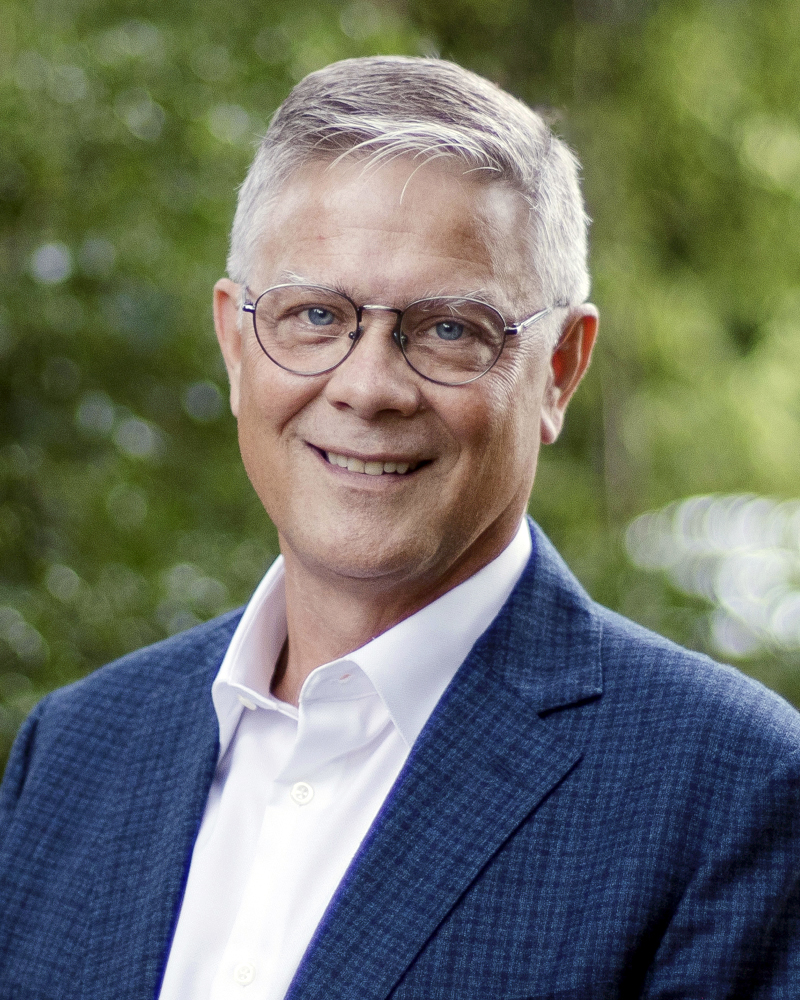News and Releases

Video
2024 J.J. Thiessen Lecture Series (featuring videos)
Thursday, October 24, 2024 @ 4:18 PM | Video
Featuring Dr. Bruce Hindmarsh
James M. Houston Professor of Spiritual Theology and Professor of the History of Christianity at Regent College, Vancouver, BC
These lectures explore the spiritual theology of early evangelicalism by looking at three questions that were of great importance to the movement in its origins:
- What does it mean to begin well in the spiritual life?
- What does the spiritual life look like in its consummation?
- And how do we know that our spiritual experience is authentic?
These questions are of enduring significance, and by retrieving insights from the past, we'll be able to think wisely about the spiritual life today.
About Dr. Bruce Hindmarsh

Dr. Bruce Hindmarsh took his DPhil degree in theology at Oxford University in 1993. From 1995 to 1997 he was also a research fellow at Christ Church, Oxford. He has since published and spoken widely to international audiences on the history of early British evangelicalism. His articles have appeared in respected academic journals such as Church History, the Journal of Ecclesiastical History, and the Huntington Library Quarterly.
The recipient of numerous teaching awards and research grants, Hindmarsh has also been a research fellow at the Huntington Library and recipient of the Henry Luce III Theological Fellowship. He is a fellow of the Royal Historical Society and a past-president of the American Society of Church History. His book The Spirit of Early Evangelicalism: True Religion in a Modern World won best History/Biography in the 2019 Christianity Today Book Awards. In 2022, he was awarded an honorary Doctor of Letters degree by Crandall University and also received the 2022 Research Award from the Dallas Willard Research Center at the Martin Institute for Christianity & Culture.
Hindmarsh teaches the history of Christianity and spiritual theology, and speaks often to lay audiences as well as preaching in his own church and elsewhere. A former staff worker for Youth for Christ and founding director of Camp Cedarwood, he is an active lay member of an Anglican Church in Vancouver. He is married to Carolyn, and they have three adult children.
Hindmarsh is the author of three major academic books:
- The Spirit of Early Evangelicalism (Oxford University Press, 2018)
- The Evangelical Conversion Narrative (Oxford University Press, 2005)
- John Newton and the English Evangelical Tradition (Oxford University Press, 1996)
Lecture 1 | Conversion: How does the spiritual life begin?
Tuesday, October 22 | 11:00 AM | CMU Chapel and via livestream
Over against a merely nominal religion ("going to church and sacrament"), the early evangelicals stressed the necessity of a personally meaningful relationship with Jesus Christ. Thousands of conversion narratives in print and manuscript bear witness to a new found joy of sins forgiven and an newly released energy for mission in evangelism, pastoral work, and humanitarian concerns. How might we carry forward this impulse today?
Lecture 2 | Perfection: What is the goal of the spiritual life?
Tuesday, October 22 | 7:00 PM | CMU Chapel and via livestream
If the first generation of evangelicals had Alpha courses, so to speak, did they also have Omega courses? Was there a vision of spiritual maturity? Indeed, there was. For both wings of the early evangelical movement (Calvinist and Wesleyan), there was a strong affirmation of Jesus Christ himself as the "end of faith as its beginning." How might this help us think today about the telos of the spiritual life?
Lecture 3 | Discernment: How is authentic spiritual life evaluated?
Wednesday, October 23 | 11:00 AM | CMU Chapel and via livestream
The phenomenon of popular revival raised afresh the question of discernment: How do I know these religious experiences are authentic? Jonathan Edwards did most to develop a theology of evangelical discernment, outlining not only the criteria for "true religion," but also the false criteria which could mislead believers into error. Edwards' teaching has had renewed application today in the context of revival and charismatic renewal. We still need to ask today: How do I know this is God?
KEYWORDS: lecture, public lecture, J.J. Thiessen, JJ Thiessen, video


 Print This Article
Print This Article